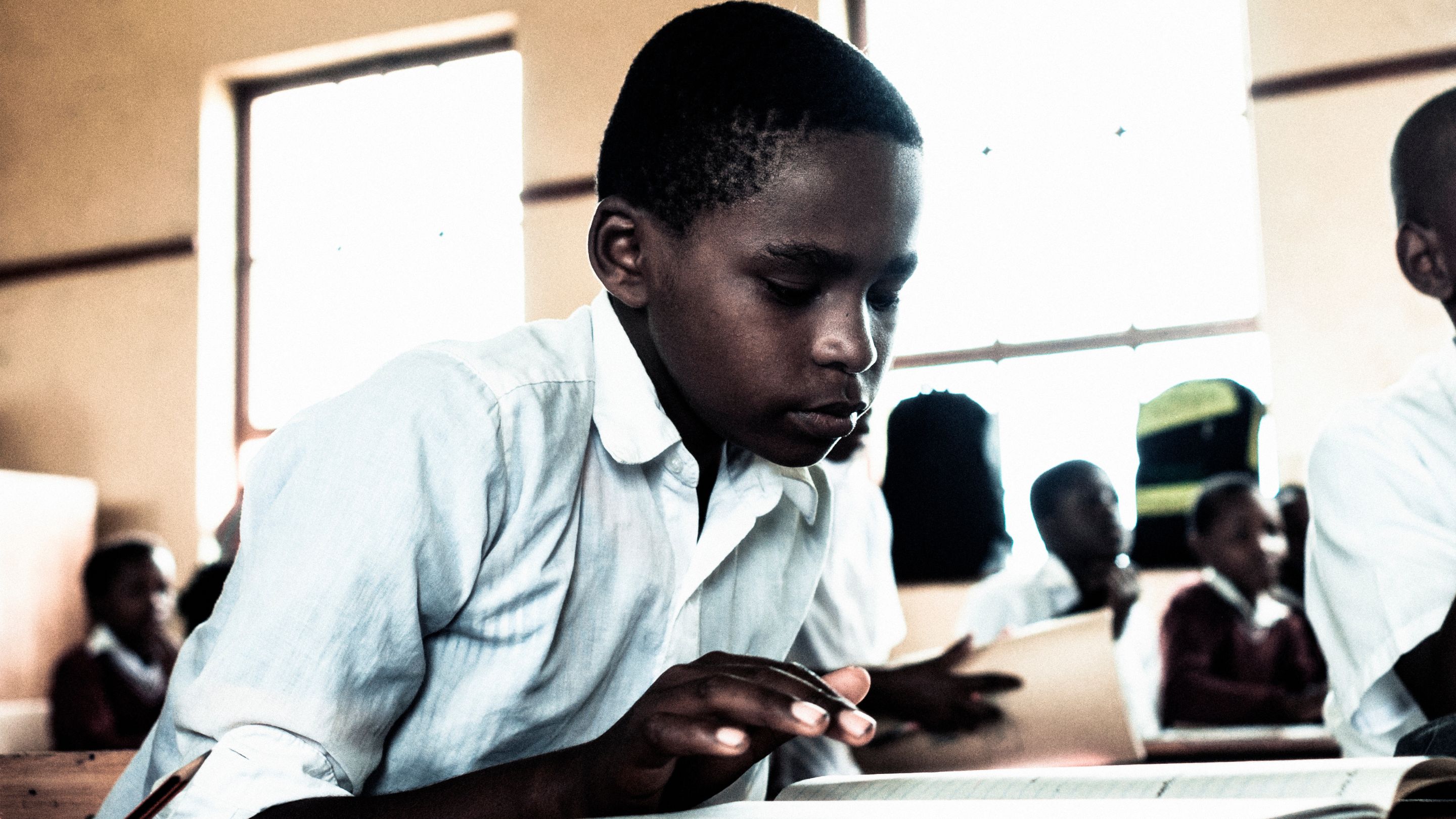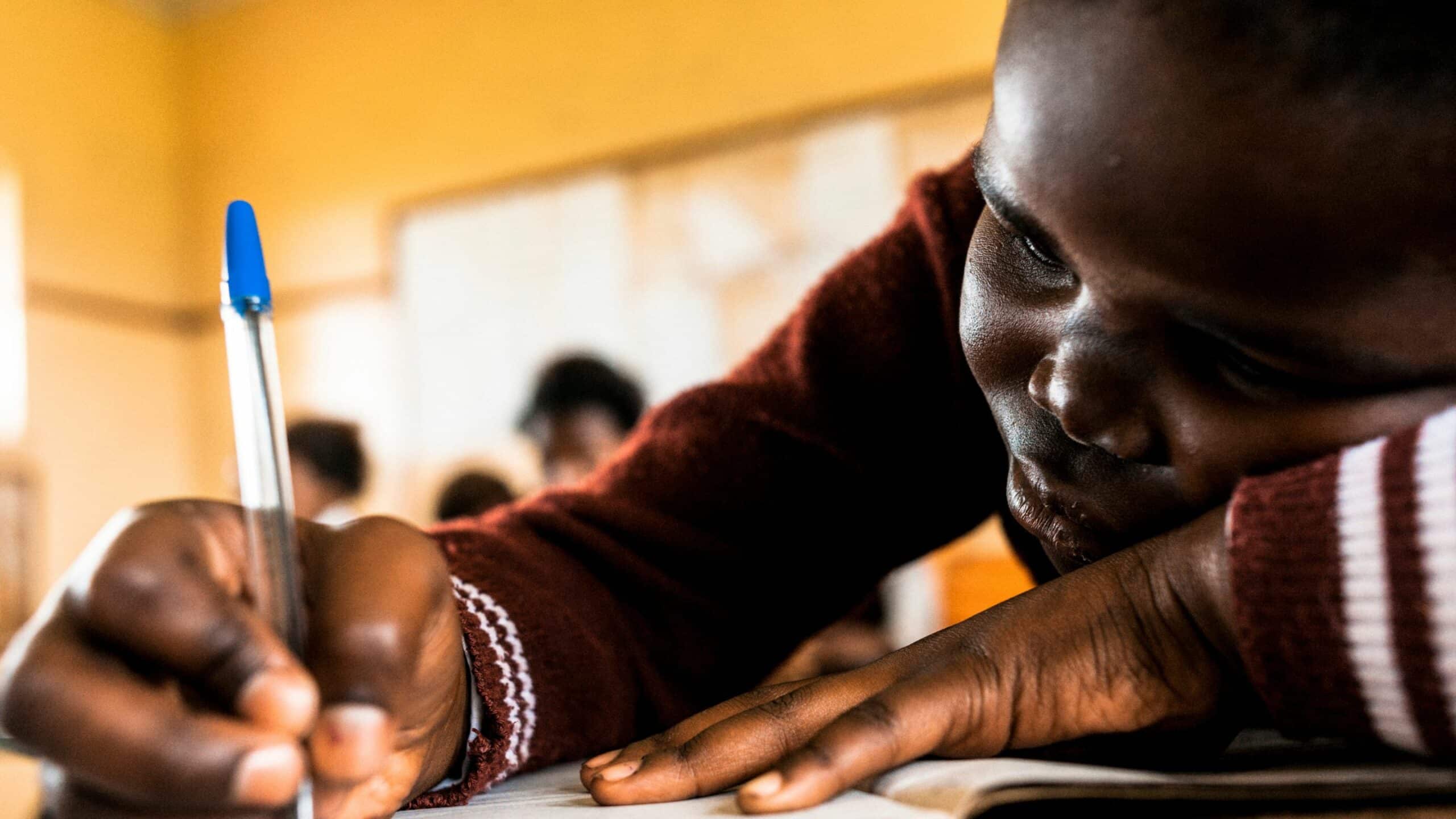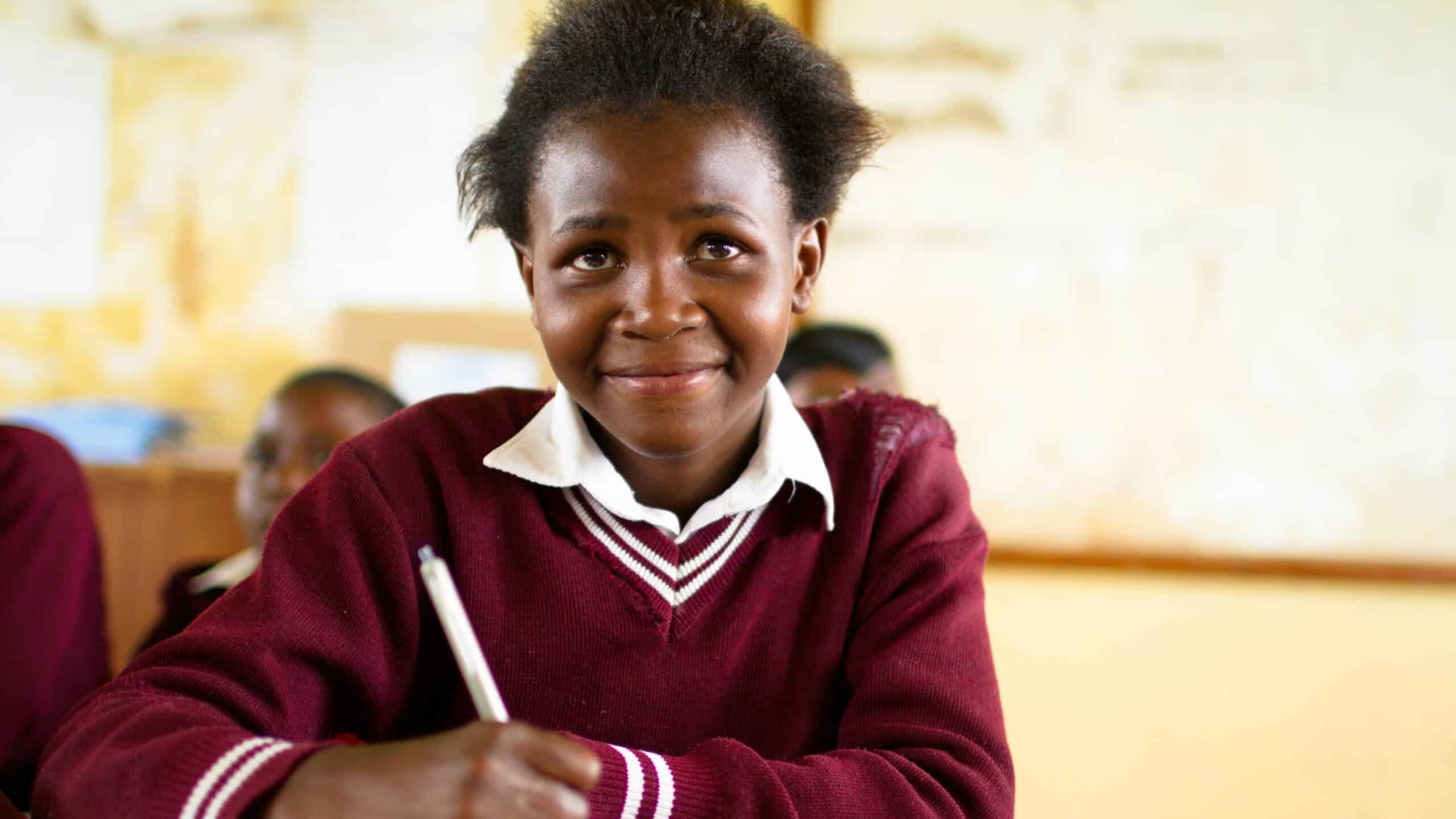Our STEM Teacher/student Education for Primary Schools (STEPS) program is improving STEM education and digital literacy in the Democratic Republic of Congo (DRC), Benin, and Cameroon.
NextGenU.org and the Cameroon Baptist Convention Education Department are leading the STEPS pilot phase of this project. We play an important role in supervising the consortium, consisting of non-governmental organizations like the Emmanuel Community and HEAR Congo in the DRC, the Trois Soeurs Education Fund in Benin, Scientific Animations Without Borders in the USA, and Edge of Education in Japan.

Members of the Research Team include Dr. Erica Frank and Dr. Napthalin Atanga who are devoted to finding and studying scalable ways to address the challenges of primary schooling and improve educational outcomes of primary school children in Math and Science.
The broad research goal of STEPS is to create equitable and high-quality learning environments for all learners by providing learning materials and equipment for students, along with ongoing teacher training to accomplish this. This project began on 1st May 2021 and will run for a duration of thirty-two (32) months.
For the initial implementation of the project, 19 primary schools were identified in the target countries for needs assessments and curriculum development, as well as the development and dissemination of innovative digital and print materials and courses for both teachers and students.
These elements will be piloted and refined with the view to scaling them into these countries’ education systems and globally. The STEPS project will adapt the learning materials and teaching approaches to the three national contexts to ensure low and higher-tech solutions, cost-effectiveness, and bilingual content.

As STEPS has progressed, we are on target to reach these five strategic goals:
- To promote an equitable education system for growth and employment during and beyond the COVID-19 pandemic;
- To create an environment that strengthens quality education systems by developing monitoring and quality assurance mechanisms;
- To develop an educational environment conducive to quality learning, through the provision of learning materials and equipment for students and training for teachers;
- To improve the transparency and efficiency of governance and management of the sector by enacting policy change for access to quality education for all, in the context of the pandemic where population movements are limited, and teachers and students must be prepared for digital education (the main objective of the Congolese ministry of primary, secondary and vocational education);
- To evaluate the impact of transnational and local language digital/printed STEM learning materials to enhance access and outcomes for teacher-trainees and child-learners marginalized by poverty, gender, geography, unsafe environments, and other barriers.

We look forward to the continuation of the STEPS program with the wider goal of reaching students across the developing world. STEPS is made possible by funding from Canada’s International Development Research Centre (IDRC) in collaboration with the Knowledge & Innovation Exchange (KIX) and the Global Partnership for Education (GPE).

